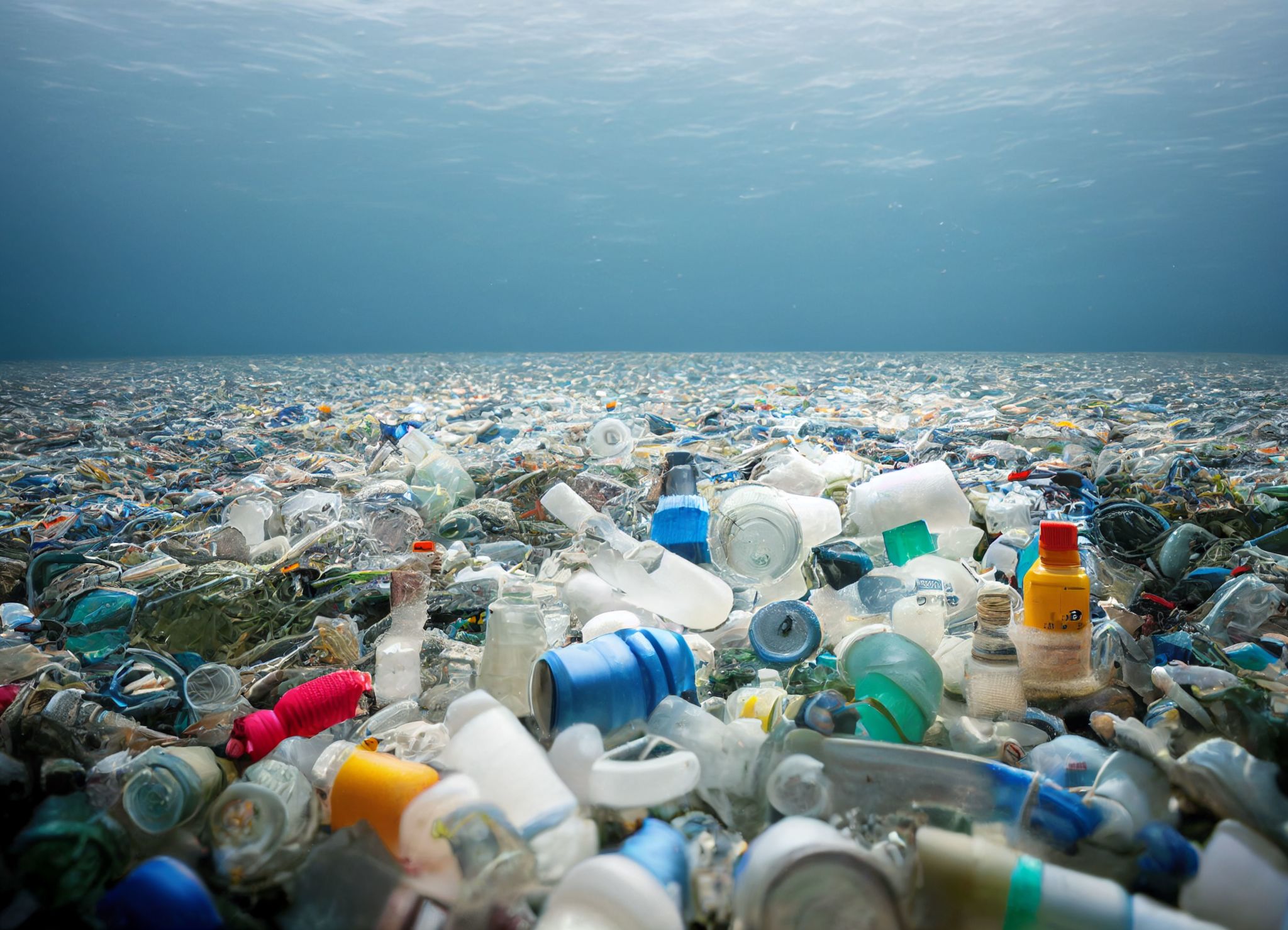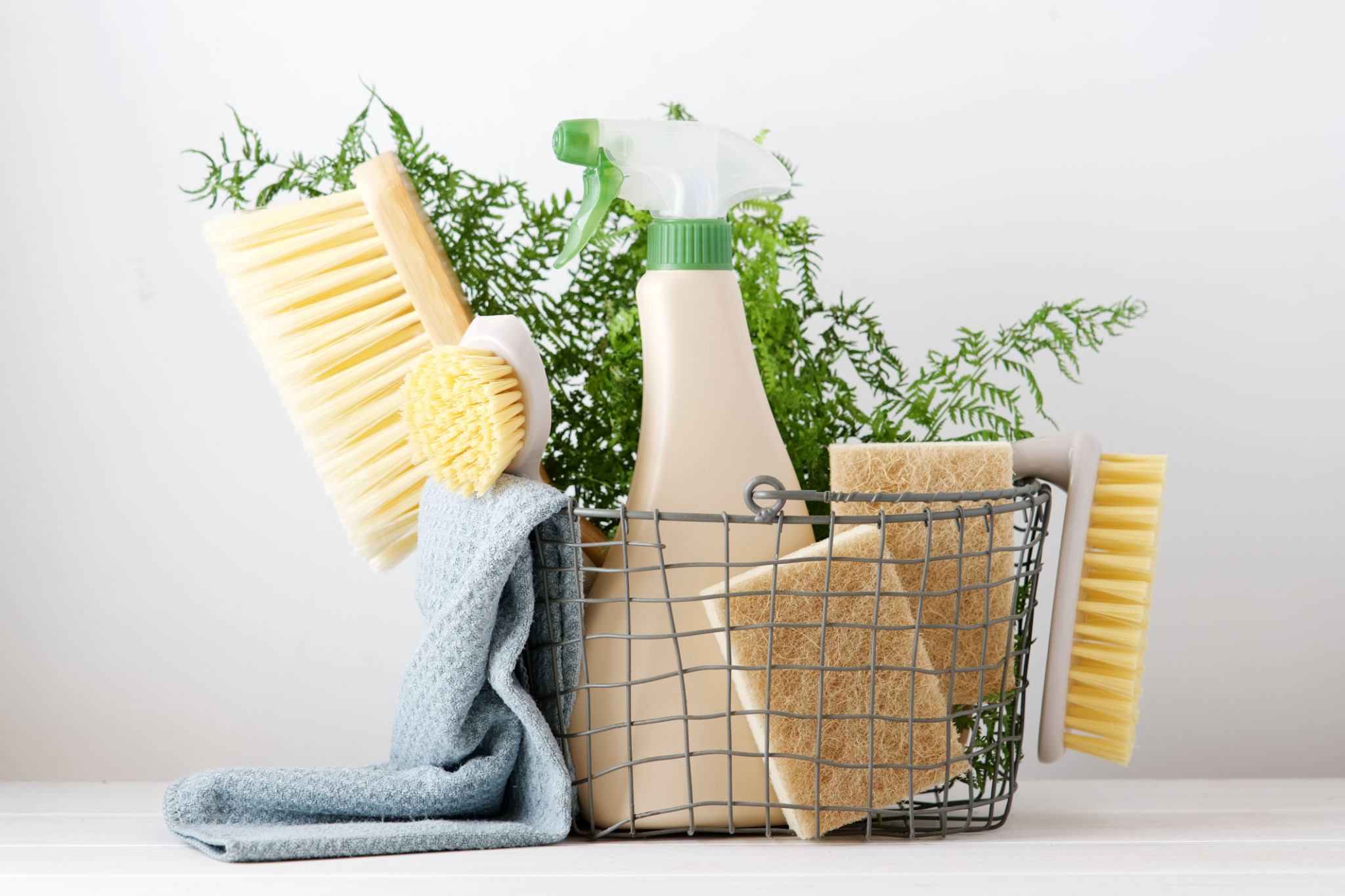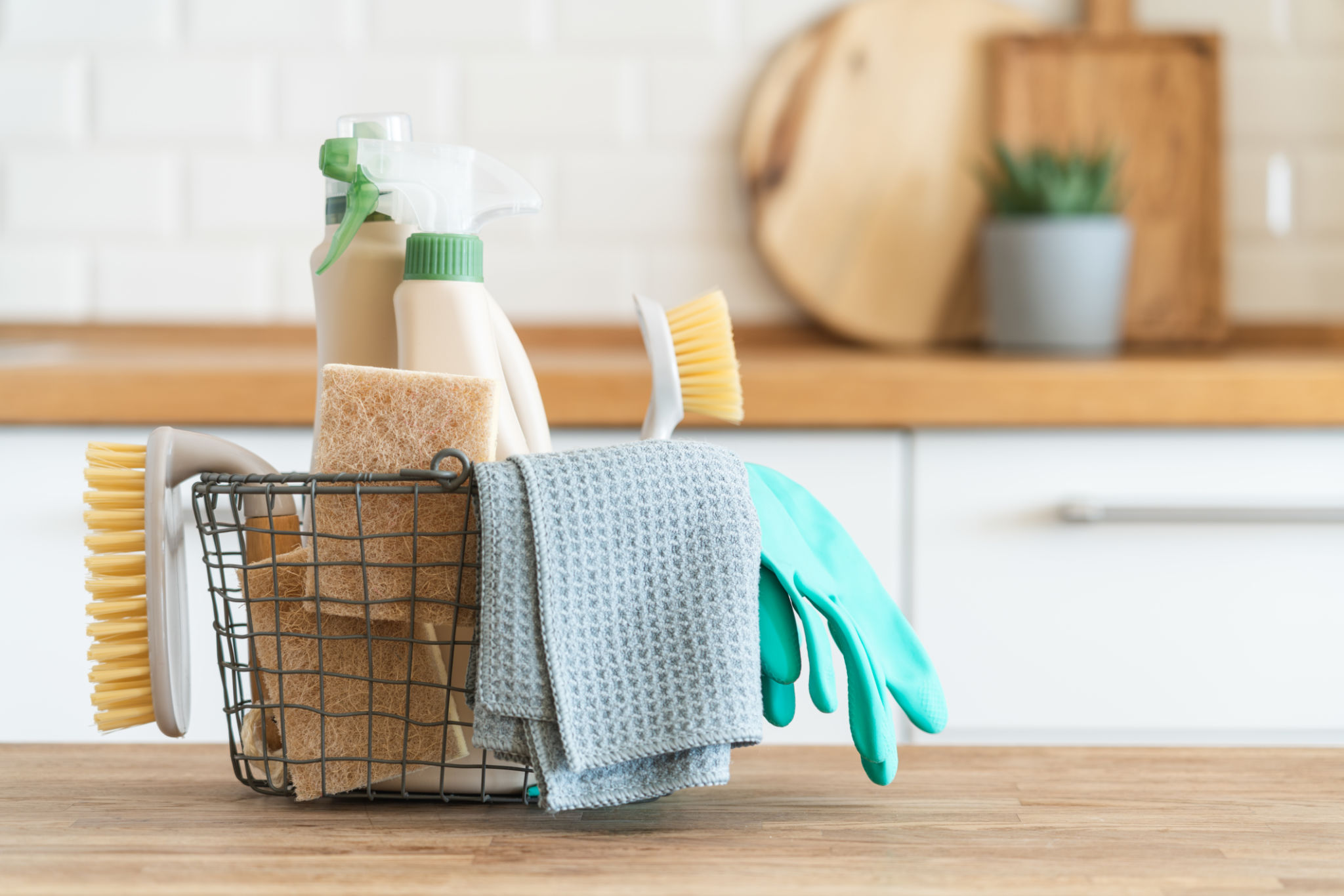Plastic-Free Living: A Beginner’s Guide to Sustainable Alternatives
Understanding the Need for Plastic-Free Living
In our modern world, plastic is everywhere. From packaging to household items, its convenience has made it a staple in daily life. However, the environmental impact is significant, leading many to seek sustainable alternatives. Embracing a plastic-free lifestyle not only helps reduce pollution but also promotes a healthier planet for future generations.

Simple Swaps: Start with Everyday Items
Transitioning to a plastic-free lifestyle can seem daunting, but it starts with simple swaps. Consider replacing single-use plastic items with reusable alternatives. For instance:
- Reusable bags: Swap plastic grocery bags for cloth or canvas totes.
- Water bottles: Choose stainless steel or glass bottles over plastic ones.
- Food storage: Opt for glass containers or beeswax wraps instead of plastic wrap.
In the Kitchen: Sustainable Choices
The kitchen is a prime area for reducing plastic. Start by assessing your current habits and products. Some effective changes include:
- Bulk buying: Purchase food in bulk using your own containers to minimize packaging waste.
- Sustainable utensils: Use bamboo or metal utensils instead of disposable plastic ones.
- Composting: Compost organic waste to reduce reliance on plastic trash bags.

Personal Care: Eco-Friendly Alternatives
Your personal care routine can also benefit from sustainable swaps. Many personal care products come in plastic packaging, but alternatives are available:
- Solid shampoo bars: These reduce plastic waste and often last longer than bottled shampoos.
- Refillable containers: Choose products that offer refills to cut down on plastic use.
- Bamboo toothbrushes: Replace plastic toothbrushes with biodegradable options.
Cleaning: Green Your Routine
The cleaning aisle is another place where plastics abound. By making a few changes, you can significantly reduce your plastic footprint:
- DIY cleaning solutions: Make your own cleaners using natural ingredients like vinegar and baking soda.
- Refillable cleaning bottles: Use glass spray bottles that can be refilled over and over.
- Eco-friendly sponges: Choose biodegradable sponges or cloths for cleaning tasks.

The Power of Community and Advocacy
Going plastic-free is not just an individual effort. Engaging with your community and advocating for change can amplify your impact. Consider joining local environmental groups or campaigns focused on reducing plastic waste. Sharing resources and ideas with others can create a supportive network that encourages sustainable living.
The Long-Term Benefits of Plastic-Free Living
Adopting a plastic-free lifestyle offers numerous benefits beyond environmental impact. It encourages mindful consumption, often leading to financial savings and a simpler, more intentional way of living. As you make these changes, you'll likely find increased satisfaction in knowing you're contributing to a healthier planet.
Remember, every small step counts. By gradually incorporating these sustainable alternatives into your daily routine, you can make a significant difference in the fight against plastic pollution. Embrace the journey towards a more sustainable lifestyle and inspire others to do the same. Together, we can create a cleaner, greener world for all.
